Frank Talk About Milwaukee’s Foreclosure Crisis
Experts at panel discussion say city making great progress in solving the problem.
More than 1,000 homes in the city of Milwaukee stand vacant due to foreclosure. Many are dilapidated and vandalized. So what is being done about the problem?
On Tuesday, Mike Gousha sat down with Aaron Szopinski, the housing policy director for the City of Milwaukee, Michael Gosman, the assistant director of ACTS Housing, a non-profit group that promotes affordable housing, and Willie Smith, director of housing for the non-profit Northwest Side Community Development Corporation, to discuss the crisis and what’s being done to rebuild these homes and communities. It was part of the “On The Issues” forum that regularly examines critical community issues at Marquette University.
Many see the foreclosure crisis as a hopeless situation, one that not only effects the city of Milwaukee, but the entire nation. But those on Tuesday’s panel, held at Marquette Law School see the opportunities that exist within Milwaukee’s inner city and have put in motion solutions to this crisis.
Smith and the Northwest Side Community Development Corporation have been working to improve the business environment for the low-income communities they serve and have transformed some neighborhoods into a preferred destination for businesses and residents. NWSDC has received a $4 million grant to purchase and rehabilitate vacant, foreclosed properties and recently helped the first family served by this program to move into their very own home.
“These are people that are already committed to that particular neighborhood and their community,” Smith noted. “These people don’t want to leave their neighborhoods.” The panelists all agreed that these kind of programs are pulling together networks of family and friends within the communities. There are entire city blocks that have been transformed due to attractive prices and networking.
Szopinski cautioned that we can’t simply snap our fingers and fix this issue: “The City of Milwaukee picks up the property when taxes fall behind and it’s gotten so bad that nobody wants to put that month to month investment into it, and we get the worst of the worst. That being said, we have great partners who are ready to take over these homes and do the kind of work that we have been talking about here today. Despite what the news leads with a lot of times, 90 percent of the blocks in the inner city are stable places to live; they don’t make the news because a quiet day is not visually compelling.” He added that “there are plenty of things that can be done” to further improve the situation.
Mayor Tom Barrett’s Strong Neighborhoods Plan demolished 300 properties this year. As the Strong Neighborhoods Plan moves forward, more funding will be dedicated to rehab and stabilization efforts.
There is no instant cure for the foreclosure crisis, but the trend is certainly positive. Said Smith: “Numbers are slipping as to houses being foreclosed on. Nicer areas will speak for themselves. We won’t be the solution, but we hope to be a catalyst to what follows.” And given the right prodding by the city, he added, “the public and the market” will take over from there to solve the foreclosure crisis.
The conference was held Tuesday, Nov. 11, from 12:15 to 1:15 p.m. in Eckstein Hall on the Marquette University Campus.
Homes the NWSCDC is Rehabbing
Political Contributions Tracker
Displaying political contributions between people mentioned in this story. Learn more.
- December 4, 2018 - Tom Barrett received $50 from Aaron Szopinski
- September 8, 2018 - Tom Barrett received $50 from Aaron Szopinski
- June 25, 2018 - Tom Barrett received $50 from Aaron Szopinski
- November 13, 2017 - Tom Barrett received $50 from Aaron Szopinski
- September 21, 2017 - Tom Barrett received $50 from Aaron Szopinski
- June 21, 2017 - Tom Barrett received $50 from Aaron Szopinski
- May 25, 2017 - Tom Barrett received $50 from Aaron Szopinski
- April 1, 2017 - Tom Barrett received $50 from Aaron Szopinski
- March 30, 2016 - Tom Barrett received $50 from Aaron Szopinski
- February 18, 2016 - Tom Barrett received $100 from Aaron Szopinski
- December 7, 2015 - Tom Barrett received $100 from Aaron Szopinski
- August 29, 2015 - Tom Barrett received $100 from Aaron Szopinski


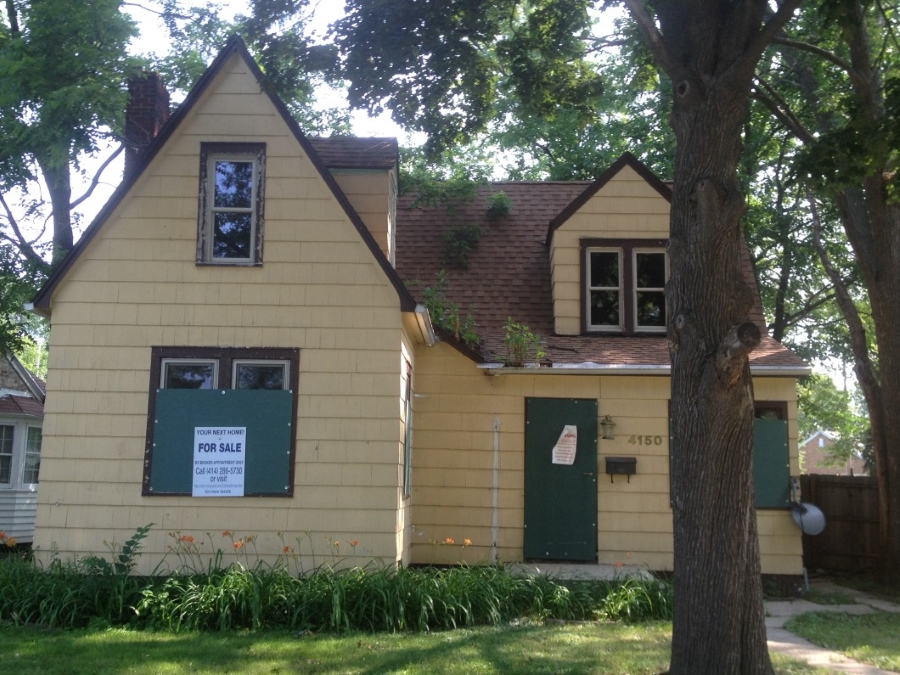
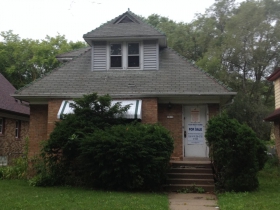
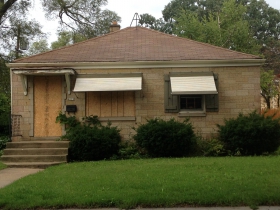
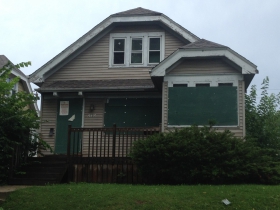
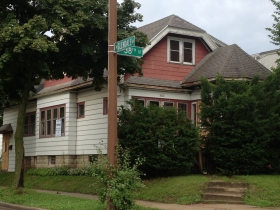
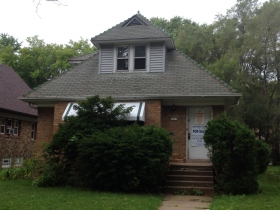
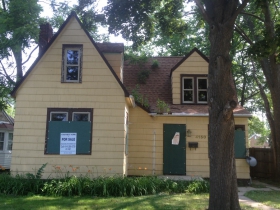



















The city really fell down on the job when the mortgage crisis happened. They could have made these properties available to low income residents at reasonable prices starting five or six years ago. Anyone who had sense enough to know the importance of paying their rent on time would have been able to own a home for less than half of what they were paying for rent in some of these dumps.
You would not believe the amount of vandalism that was done to nice houses during this time – and don’t mention the water damage caused by thieves stealing copper pipes and water heaters. And why, someone please explain to me, didn’t the city make it illegal for these recycling places to accept copper unless the seller could prove where it came from? Now the city wants want to give these houses away since they are almost worthless — instead of having a program to match them with potential homeowners when they in reasonable condition shortly after they were vacated. So why don’t they now start a program to train the unemployed people in the central city to repair them? They can salvage some of this housing stock and teach primarily young men construction skills. But that probably makes too much sense.
@LeeLee The city didn’t own the properties, hence they couldn’t sell them.
I am talking about the property tax foreclosures that the city did own. The bank foreclosures did not sit on the market for years, although they did suffer from the copper vandalism that caused enormous water damage to otherwise decent, livable homes.
@LeeLee Again, generally, the city didn’t own the properties right away. It took at least 3 years of non-tax paying before the city would take the property. And even after that point it was still possible for people to get the properties back. Yup, there is a bit of a legal process to go through prior to the city just taking away somebody property (which I’m pretty sure is a good thing). But often enough by the time the city got the properties it was already wrecked.
“The bank foreclosures did not sit on the market for years” And this is simply not true. The banks left a massive mess
My last word on this. I am referring to what happened when the city took possession of these properties – once they had offered them for sale. Instead of getting profession real estate companies to sell the properties, as they have stared to do now, the city attempted to sell the houses themselves. Major disaster. The problems with bank foreclosures happened because of lags or failures on the part of the banks to take possession of less desirable properties – NOT WHEN THEY THEY WERE LISTED FOR SALE BY A REALTOR.